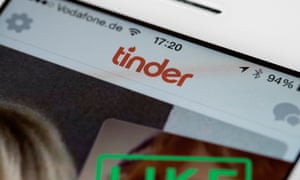grade exemplar essay from a past A* student. What does the A* essay do well that you need to improve on?
- This A* student writes an appropriate amount for the question
- They use key words taken from the question
- They use specific, detailed examples
- "Almost all candidates focused on the question."
- "Higher level answers evaluated the extent of empowerment and also discussed some of the downsides for audiences and the ways in which audiences had not been empowered."
27=C
WWW: A solid essay that stays focused on the question. You also cover both sides of the argument.
EBI: You need detailed, specific examples for each paragraph - loads you could use e.g trump, brexit, 2017 election, viral campaigns, #blm etc.
4) Write a new, detailed paragraph to add to your essay that addresses one of the LRs/EBIs specified in your feedback. This may be the other side of the argument (the idea that audiences are not empowered) or perhaps a new or improved example from the wider media. Make sure this is an extremely well-developed paragraph of several hundred words, encompassing media issues, debates, examples and theories wherever possible.
Looking further into institution, if we explore the idea of Parento's law, it suggests audiences having little power. Parento's law refers to the notion that big conglomerates have all the power in the media. For example, google is a prime example; It provides almost everything on the internet. This Marxist view suggests the audience is being controlled by more powerful groups in institution. Similarly, another concept is the 'global village', this refers to the world being viewed as a community in which distance and isolation have been dramatically reduced by electronic media. Although this is a good thing, we can argue it simply reinforces dominant ideologies and westernises the information we receive. Again, this links to the idea of audiences being controlled by the more powerful groups in society.



